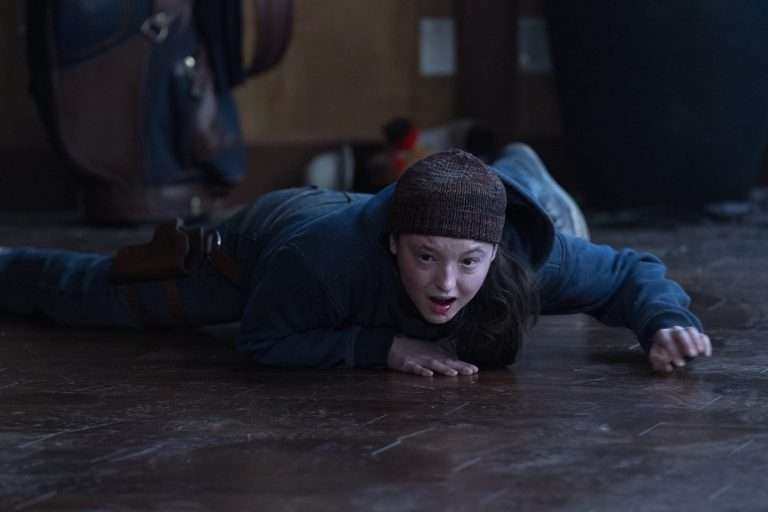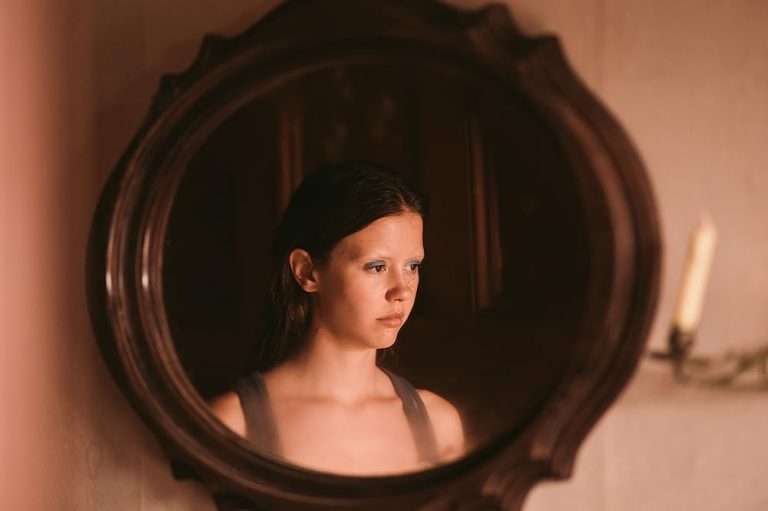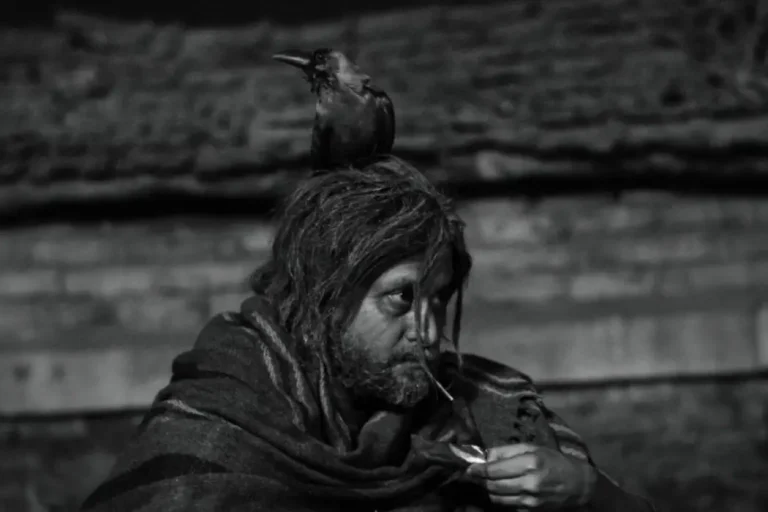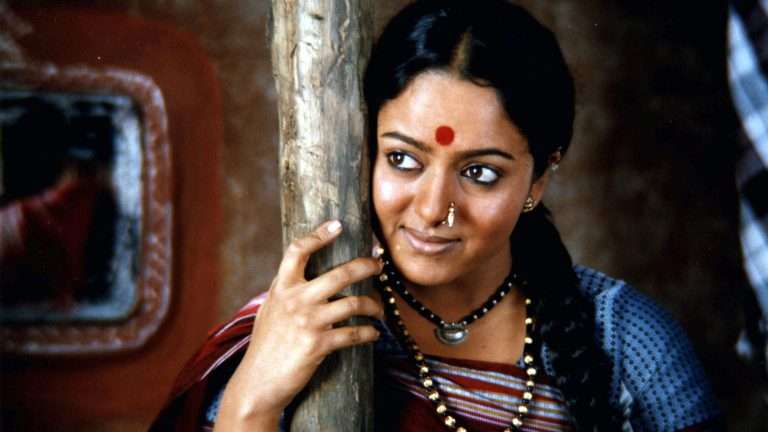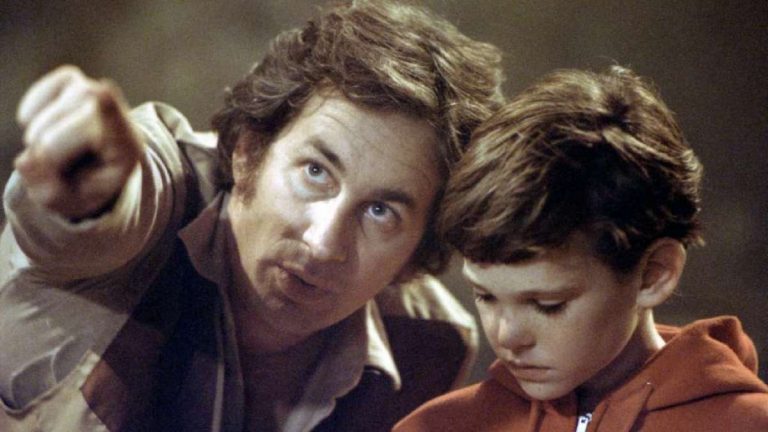In the discreetly shaded hallways of Vatican City, where the whispers of the past bounce off old walls, Edward Berger’s “Conclave” arrives as a divine disruption. This is not an ordinary run-of-the-mill movie pertaining to the politics and pomp of the Holy See—it is a profoundly innovative interpretation of the “divine will” in an ever-evolving world of ideas and possibilities. Through a rich and immersive exploration of power, self-expression, and devotion, “Conclave” sets the stage for a future where the prospective traditions of religion may reside not by fighting change but by embracing it as a divine principle.
The central theme of the film is seemingly straightforward: crimson-robed cardinals convene to choose the new leader of the Catholic church. However, within the framework of this time-honored tradition, Berger finds a different perspective to analyze some of the most pressing concerns of today’s age. What will happen when conventional wisdom faces contemporary realities? Can old-school faith keep up with the present-day discourse on self and body? Starring Ralph Fiennes as the Cardinal Dean, “Conclave” translates these philosophical inquiries into a richly textured human experience. Fiennes’ demeanor, well-versed at exposing raw emotions behind a facade of ritual calmness, leads us through this intricate web of faith and fear.
He stands amidst the storm—a man valiantly trying to hold back the waves of disorder in a space that is completely chaotic. This disarray is not a flaw of the conclave but its core essence. In the confines of the Vatican’s structurally flawless design, with its divine symmetry and mathematical precision, human fallibility keeps popping up. Often, the camera showcases individuals scattered around in enormous, empty rooms, making them appear puny in contrast to the majestic architectural landscape—a visual nod to the fact that the human quest for perfect order will never measure up to the unseen power we seek to honor.
As the high-ranking church patriarchs negotiate this inherent contradiction, political dreams ripple over spiritual convictions. One by one, the cardinals show up, carrying the burden of office while simultaneously being pulled down by their humanity—replete with insecurities, biases, and vulnerabilities. Instead of casting them as lapses of faith, the movie depicts these “deviations” as a testament to its truth. In some ways, these episodes of sensitivity and fragility in the human condition serve as portals to the unpolished beauty of the film. Perhaps, it is within these fleeting glimpses of humanity where God is most visible.
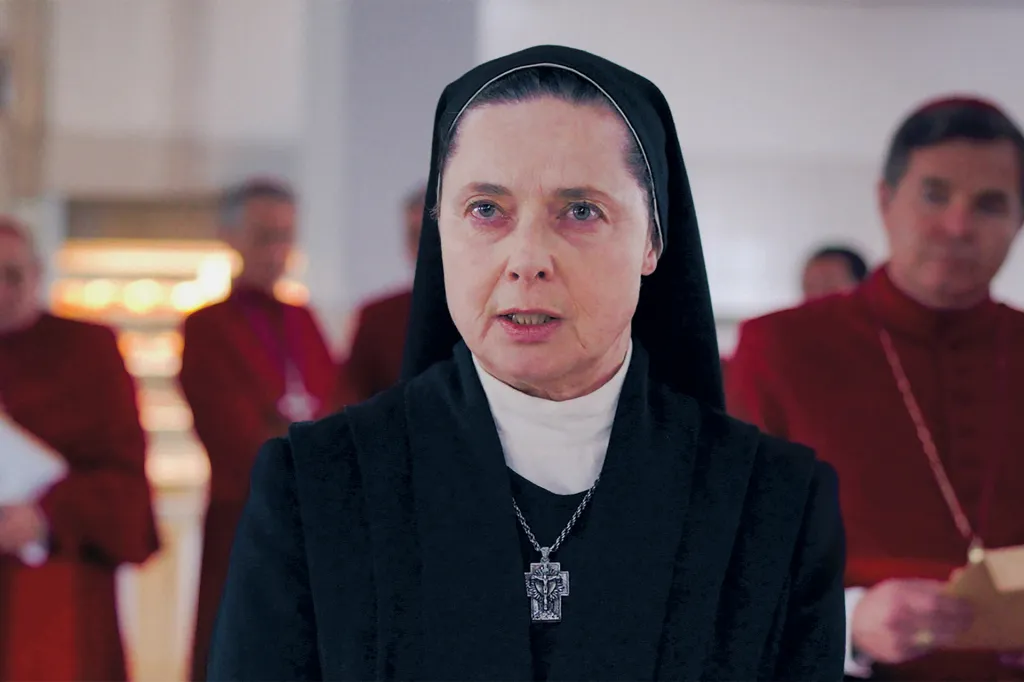
Stéphane Fontaine’s cinematography further reinforces this notion of imperfection via the visual language of the film. Early on, a lot of emphasis is placed on precise angles and deliberate layouts to reflect the Church’s tender reach for order. However, as the movie begins to unfold, the visual narrative grows progressively flexible and volatile. Spontaneous, on-the-fly footage displaces established shot structures. It is almost like the camera’s gaze is bursting forth a newfound freedom similar to the plot liberating itself from conventional norms.
Moreover, it is through its journey into the inner sanctum of the self where “Conclave” makes its most fearless assertion: the newly elected Pope is intersex—an identity that shatters the dogma of the papacy. This twist moves beyond mere sensationalism as it reconstructs and redefines the Holy. Traditionally, the papal conclave picks “the One” who reveals the Church’s vision of prudence, faith, and command. On the contrary, “Conclave” here hints at a unique prospect—that true leadership may grow not from compliance but from the ability to rise above them completely. The election of the intersex pope, therefore, converts the conclave into an emblem of divine chaos.
This unexpected truth compels both characters and the audience to question their preconceptions about flesh and spirit. Does the Lord’s selection of a messenger have to fit into the cultural constructs of identity? The Church has always tied divine validation to particular bodily markers— men, women, and the able. Through a deliberate placement of an intersex Pope at the bastion of Rome, “Conclave” implies that the image of the divine may be more varied and complex than human structures have ever defined. The venerable rites and precepts that previously appeared inviolable are shown to be vulnerable foundations, unable to restrain the turmoil of human aspirations and fervor.
The established order, marked by a tight framework of authority, is ultimately found to be a dynamic network of ties, associations, and reliance. Here, “Conclave” infers that true power may not emanate from top to bottom as it flows through different directions all at once. See how the mantle of power drifts between Aldo Cardinal Bellini (Stanley Tucci), Joshua Cardinal Adeyemi (Lucian Msamati), and Vincent Cardinal Benitez (Carlos Diehz), how influence proves to be a moving target, how the Holy Spirit operates through a system of interrelations over a rigid hierarchy. When the cardinals gather to deliberate and pray, their erudite Latin phrases and theological mumbo-jumbo fall short of capturing the nuances of reality. This inadequacy of linguistic expression manifests how the divine is an “excess” in human experience.
As the majestic plume of white smoke rises from the terracotta rooftops of the Sistine Chapel, we are left to ponder the whispers of a revolutionary dream: perhaps God’s will is not carried out through closely guarded systems but through their breakdown and reformation. Conventionally, divinity is almost always linked to harmony, idealism, and eternal truths. “Conclave,” however, conceives the divine as flexible, evolving, and profoundly human. The appointment of an intersex pope poses a far-reaching challenge to the legacy of the Church while simultaneously standing as a metaphor for how the divine manifests in the real world—vis-à-vis the unlikely, the unseen, and the radical.
In the end, “Conclave” shows that the next chapter of faith may bloom in the garden of our paradoxes, where contradictions reign supreme. In doing so, it opens up a new avenue for spirituality that feels both timeless and strikingly contemporary—one where faith embraces chaos rather than fearing it, revealing its most honest form. The climax of the film unleashes more uncertainty than certainty. In the long run, it appears that the Holy Spirit has an appetite for chaos.

